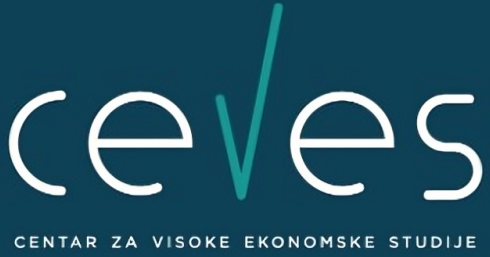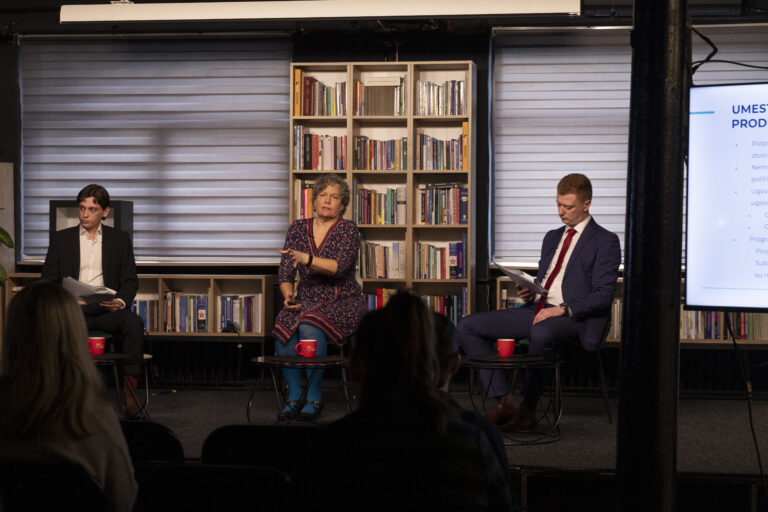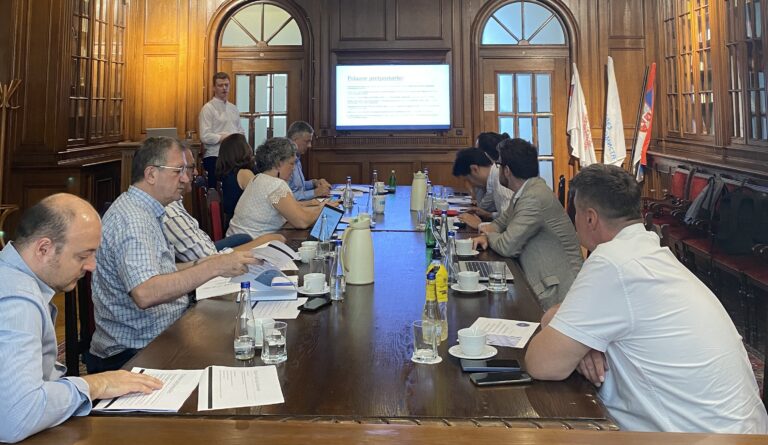Inkubatori rasta mobilišu i osposobljavaju stejkholedere da kreiraju rešenja i razvojne projekte i za vladine i nevladine organizacije, kako bi pružili pomoć privrednom rastu i generisanju novih radnih mesta. Inicijative pokrenute ovim programom mogu da variraju od okupljanja stejkholdera, koji bi pružali rešenja prilikom određenih tržišnih aktivnosti, pa sve do pružanja know-how-a za izgradnju tehnoloških parkova i inkubatora.
Očekivane koristi ovih inicijativa nije samo direktan doprinos rastu zaposlenosti i ekonomskom napretku, već i pokazujući kako stejkholderi mogu na najbolji način da iskoriste resurse, koji su im na raspolaganju (njihovi sopstveni ili resursi iz razvojnih fondova), ali ono što je još važnije da su politike i kolektivna rešenja u njihovim rukama.
CEVES je fokusiran na dva sektora, za koje smatra da su stubovi svake razvojne strategije Srbije:
1. Poljoprivredna i nepoljoprivredna ekonomija, koja opslužuje skoro 20% populacije Srbije.
2. Pametna ekonomija, kao najbolji način da se osigura rast prihoda i rast zaposlenosti.
Šta više, CEVES planira da razvije podprograme posvećene povećavanju kapaciteta Srbije za EU fondove, kojima će poslovne asocijacije i lokalne vlasti biti glavni partneri.






